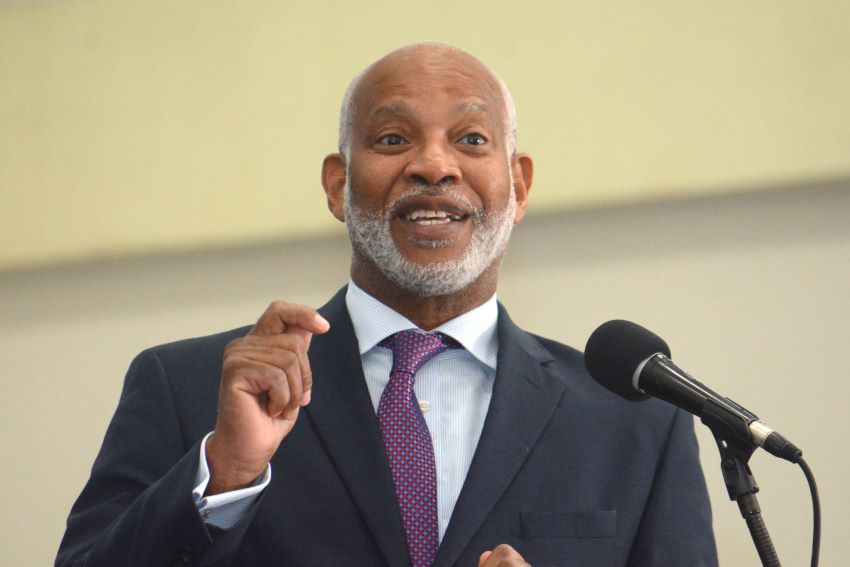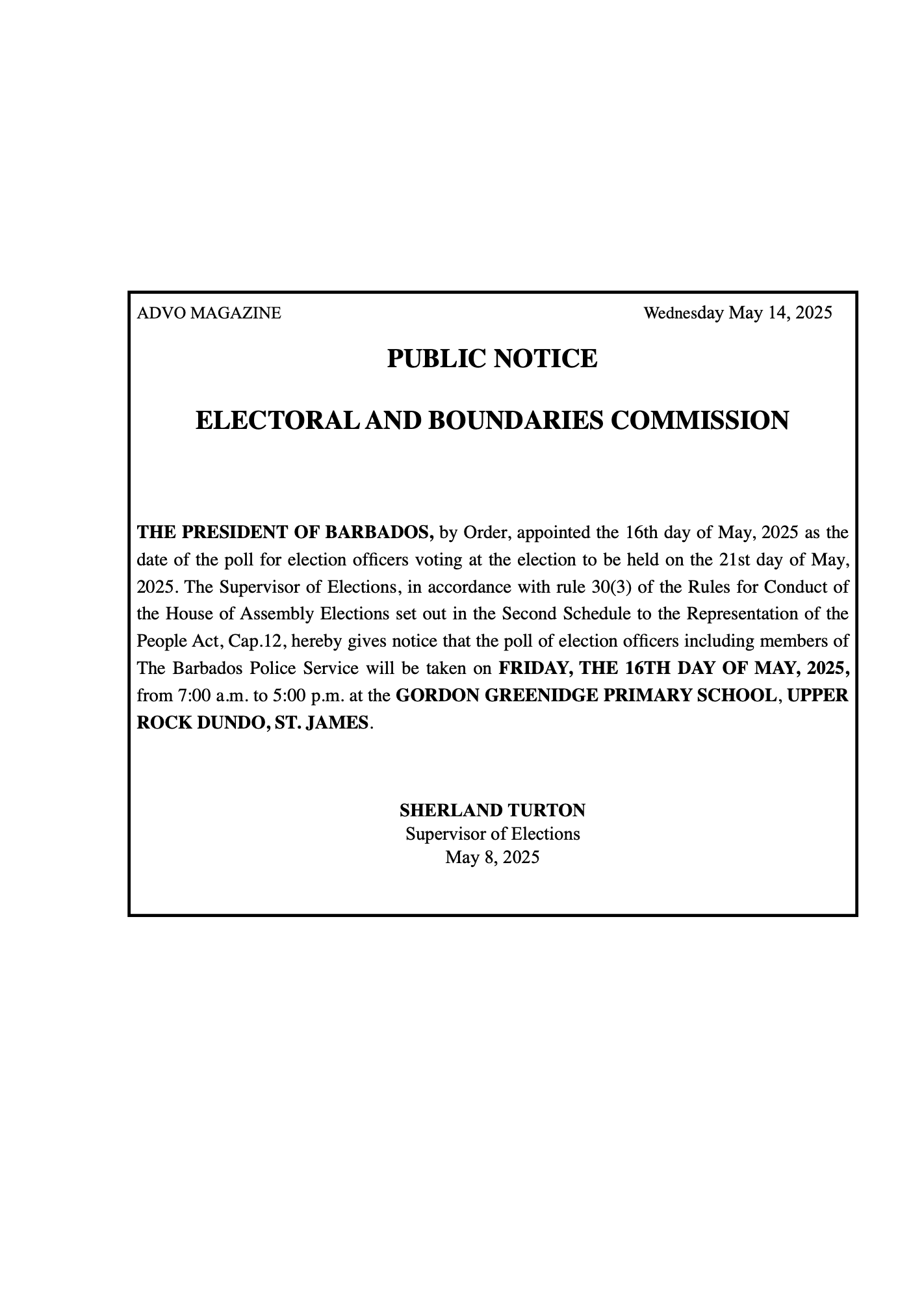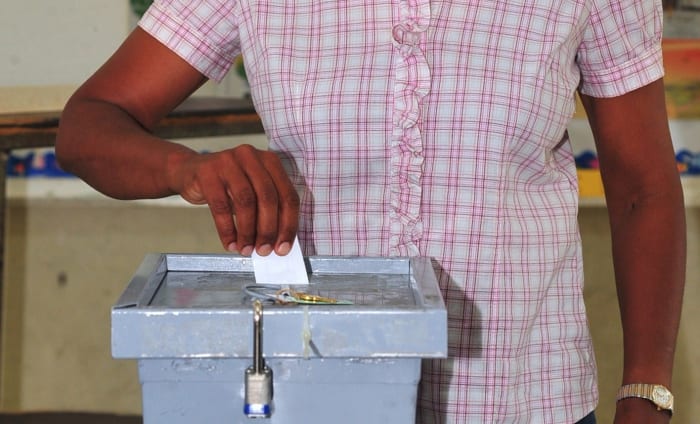Attorney General Dale Marshall believes the time has come to reopen discussions on lawyers prosecuting cases in the magistrates’ court instead of police officers, while lawmen concentrate their efforts on the investigations.
Mr. Marshall expressed this view yesterday as he delivered the keynote address at the opening of the three-day symposium on Addressing Backlogs and Delays in the Barbados Criminal Justice System, at the Lloyd Erskine Sandiford Centre.
He told his audience that dialogue had started several years ago when Sir David Simmons was Attorney General, and continued under several persons who held that post, including himself.
He added that he was now looking “seriously” at this new policy directive, which would see specialist prosecutors dealing with the cases in the magistrates’ court and not the police.
“The time has come when we have to start that discussion again. I hope that the police service is open to it. I am not making any decision; any decision of this sort has to come from Cabinet. But I think that there are a number of factors that we have to take into account which will propel us in that direction. Fundamentally, though, the idea behind it is that the investigator should not be responsible for the prosecution.
“The investigator’s only job should be to investigate, prepare the case files and hand them over to somebody else. Your job is done, except for when evidence then has to be given…. But I believe that if we make an investment now in expanding our prosecution skill set by having lawyers do prosecutions in the magistrates’ court, I think that will go a long way to helping the system move along more…,” he stated.
Mr. Marshall praised the police for their foresight in suggesting the forum to discuss the criminal justice system, stressing that it showed that they are keen in playing their part to ensure an improvement in the system. He noted that to date, 1,606 matters were awaiting trial in the High Court, in 2011, the number stood at 350.
The Attorney General pointed out that every government in the region has acknowledged a problem with its criminal justice system, and proffered that the problem of backlogs in the criminal justice system was a universal one.
“Now that is not to say at all that we should therefore accept backlogs in our system as the status quo and just leave it be. Our aspiration has to be that we have an efficient and effective criminal justice system to deal with citizens, and the reasons are obvious. The criminal justice system does not work if the backlog piles up and persists; then we will begin by eroding public confidence in our justice system….
“If the public is not confident in our justice system, they will not have any confidence in police action. They will not have any confidence in the ability of the system to ensure fairness and proper service. And when that happens, it creates an even bigger problem for you, because the criminal mind becomes emboldened. And I sincerely believe that we have seen the effect of this in recent years,” the Attorney General indicated. (PR/GIS)


 Sports3 weeks ago
Sports3 weeks ago
 Government1 week ago
Government1 week ago
 Business4 weeks ago
Business4 weeks ago
 Religion3 weeks ago
Religion3 weeks ago
 Business3 weeks ago
Business3 weeks ago
 Sports2 weeks ago
Sports2 weeks ago
 Government2 weeks ago
Government2 weeks ago
 International2 weeks ago
International2 weeks ago
































